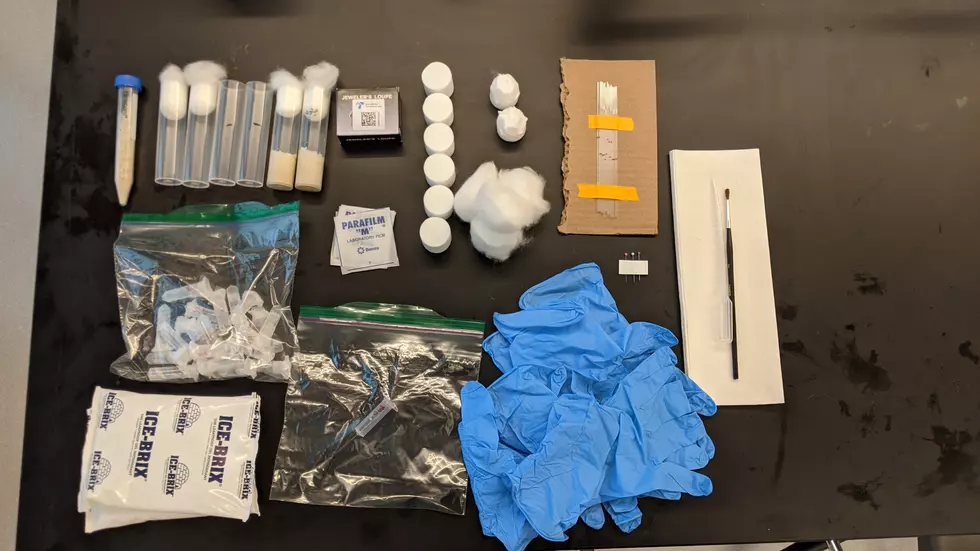
NJ University Merger Plan Faces Critical Tests This Week
A major higher education restructuring plan will reach a crossroads in New Jersey this week, with critical votes by Rutgers University's governing boards that could red- or green-light the proposal, and legislation to seal the deal being tweaked for introduction.
Rutgers' Board of Governors and Board of Trustees are set to vote Wednesday on a statement opposing a deal that would reduce their authority over the Camden and Newark campuses. Their "Statement of Principles," which has not been finalized, would grant both campuses more autonomy but would not cede control of either.
That's markedly different from the takeover of Rutgers-Camden by Rowan University that Gov. Chris Christie proposed in January, and significantly different than a closed-door compromise among key players that would allow the Camden campus to retain the Rutgers name but would turn over governance to a board comprised of university representatives, plus officials from Rowan and Cooper Medical School.
Christie's position on a more autonomous Rutgers isn't clear.
The principles leave the door open for another component of the deal that's important to the governor to proceed: Transferring key portions of the scandal-tainted University of Medicine and Dentistry of New Jersey to Rutgers, including its medical school.
Opposition to the realignment has been strong from students and faculty at Rutgers-Camden. Last week, Essex County legislators also balked, saying they need assurances the deal will not shortchange Newark. The Essex delegation presented a list of pricey conditions, including developing a plan to pay off $662 million in debt for
UMDNJ and its teaching hospital, University Hospital, and pulling back the proposed spin-off of the Newark hospital to a public-private operating partnership.
Christie wants the deal done by July 1. But the governor's self-imposed deadline could be missed, and the deal could lose momentum and unravel, several people involved in the talks said.
All of them spoke to The Associated Press on condition of anonymity because they are not authorized to discuss ongoing private discussions. Those involved in the discussions say the deal could fall victim to prohibitive costs or political backlash.
Cost estimates have been delayed because of the financial complexities of the merger, and may not be ready until late June. Financial consultants are still trying to figure out how to handle the transference of debt and the reissuing of bonds. Because New Jersey is already one of the most heavily indebted states, proponents will face resistance if the restructuring winds up adding substantial additional debt.
The state's most powerful political forces still strongly support the deal, including South Jersey Democratic powerbroker George Norcross III and Senate President Steve Sweeney. Legislation would have support from Norcross's South Jersey power base, and from Republicans aligned with the governor.
Christie also may be able to use his gubernatorial powers for force a deal, but that could lead to a protracted legal fight from the Rutgers Board of Trustees and perhaps others.
The trustees are expected to approve the "Statement of Principles" because they voted 32-4 earlier this month to reject the Camden takeover by Rowan. The Board of Governors' vote is less certain: 6 of the 11 members are gubernatorial appointees.
The outcome of the restructuring also could affect plans for the first higher education bond issue for capital improvements in more than 20 years. University administrators recently circulated a wish list of projects totaling about $6 billion.
While the actual amount hasn't been decided, Christie has said a ballot question would be tied to a merger deal. Voters would have to approve the borrowing.
(Copyright 2012 by The Associated Press. All Rights Reserved.)
More From New Jersey 101.5 FM









